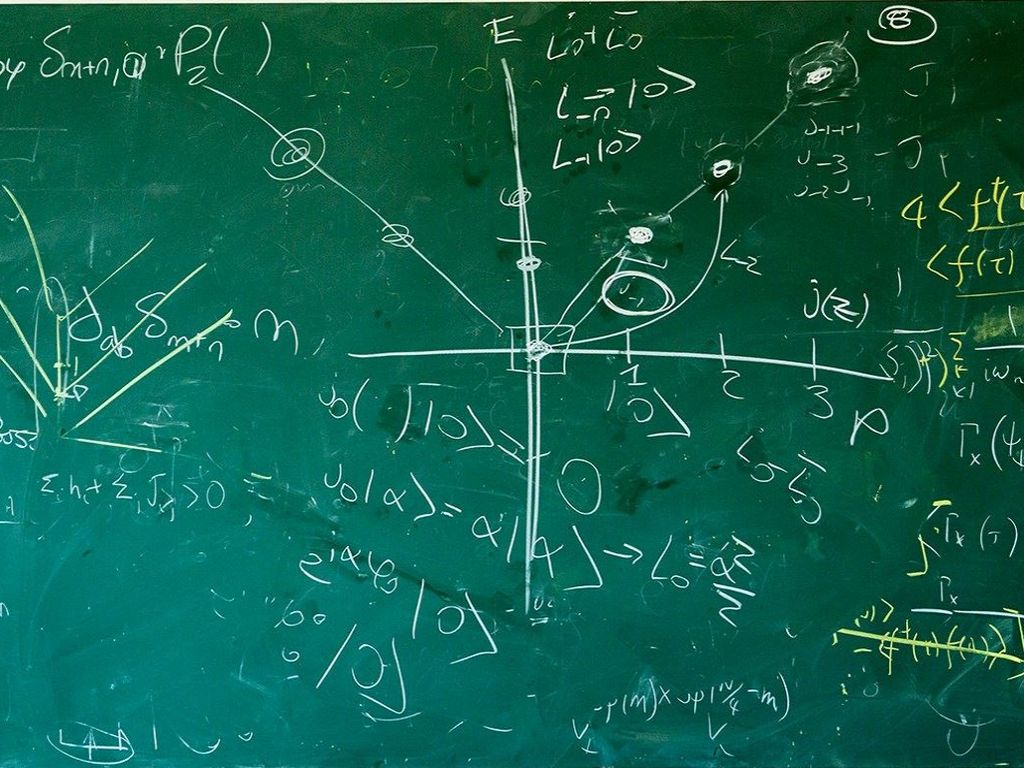Microsoft's quantum computing efforts are explained in new video

All the latest news, reviews, and guides for Windows and Xbox diehards.
You are now subscribed
Your newsletter sign-up was successful
Microsoft wants to help create a super-computer that will make the ones that are used today look like those old fashioned Casio calculators. Today, the company put a spotlight on its efforts into what is known as quantum computing, via a new feature article and a video.
Microsoft explains that current computers, using its "1" or "0" bits, still can take a long time to solve some certain problems. Enter quantum computing, which is based on the actions of particles at the sub-atomic level.
In the video, Microsoft says that quantum computing uses "qubits" each of which can be either a "1" or a "0" or it can be both at the same time. Yep, particles at the quantum level are wacky like that. The upshot of all this is that a qubit that is both a "1" and a "0" can do two calculations at once. If you get a bunch of qubits working together to solve a problem it should, in theory, take much faster to do so than the standard computer can do today.
Microsoft's feature on the subject centers on its own Station Q division, located on the campus of the University of California, Santa Barbara. It also explains why we don't have qubit-based PCs running right now. In short, qubits can be hard to work with:
A bump in temperature, a bit of electricity, a stray cosmic wave, a slight jostle – any sort of interference at all (even an inside job – a distraction from fellow qubits) will cause them to "decohere" from their quantum state, at which point the calculation and information are gone. Scaling enough qubits to be useful, doing so in a stable way, and keeping them from falling apart – these are some of the fundamental challenges of the field.
However, the team at Station Q are trying to come up with a way to make qubits a viable computing platform. If those efforts work, there could be tons of applications for its use in cryptography, chemistry, material research, artificial intelligence and lots more. What do you think of Microsoft's efforts to solve quantum computing issues?
Source: Microsoft
All the latest news, reviews, and guides for Windows and Xbox diehards.

John Callaham was a former contributor for Windows Central, covering Windows Phone, Surface, gaming, and more.
